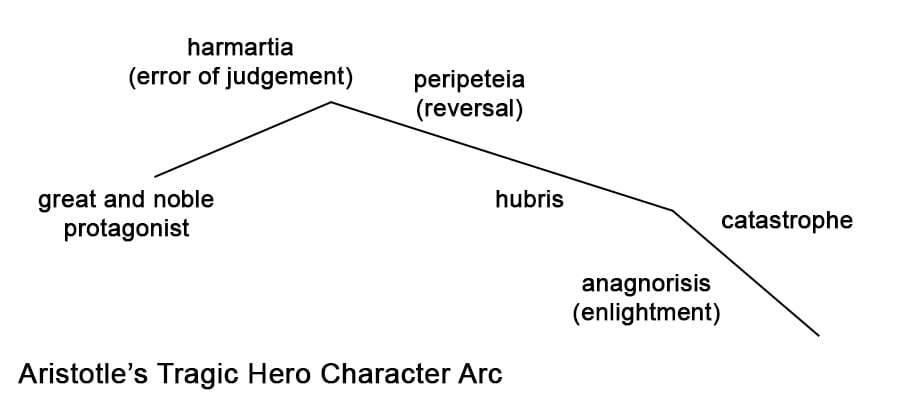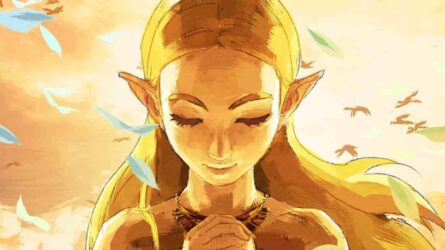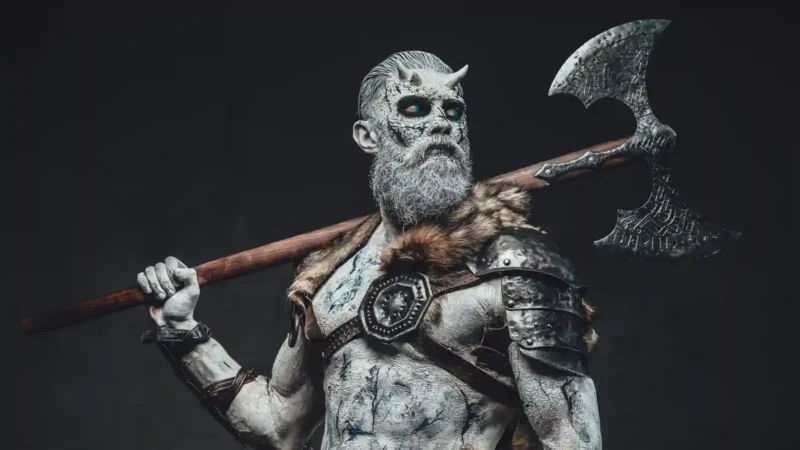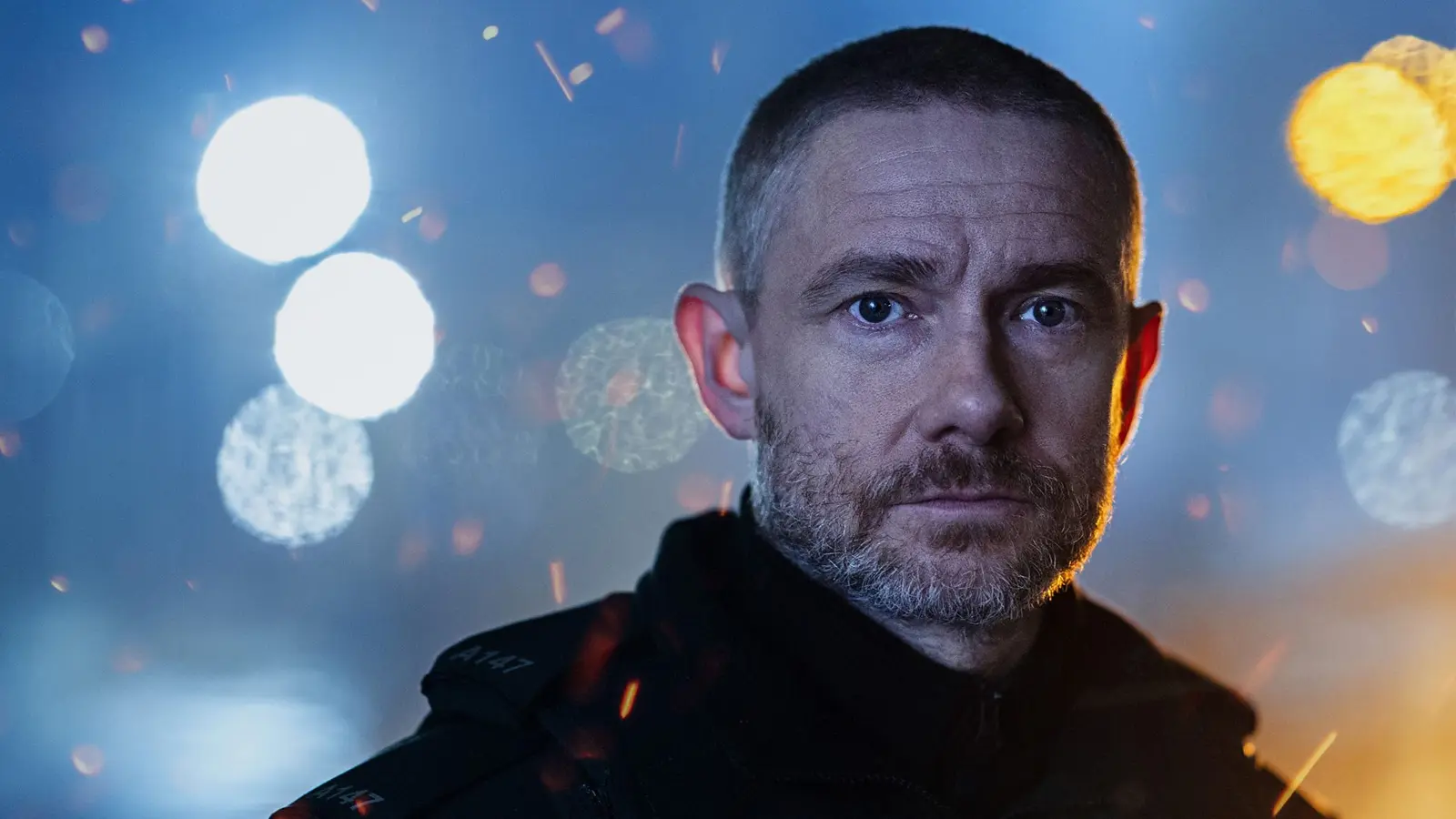Classical Approaches to Narrative Structure
Although the Greek and Roman plays are now ancient history, their narratives continue to influence modern storytellers.
Plato
There have been many attempts to describe and define narratives. One of the earliest and most influential models was Plato’s division of narrative technique into two fundamental modes:
- Mimesis – dialogue delivered by the characters; and
- diegesis – the voice of the author.
In his most famous work “The Republic”, the philosopher suggested only the epic genre combined the two styles because the dramas relied on mimesis to tell the story. By contrast, in the lyric genre, there is just one performer and one perspective.
Aristotle
Aristotle, who was a student of Plato, argued the best writers followed certain dramatic conventions when they were constructing their narratives. In “Poetics”, he outlined the characteristics of tragedy and the tragic hero with incredible detail, beginning with the positive representation of the protagonist at the start of the play and ending with their downfall caused by their fatal flaw or error of judgement.

Those ancient Greek plays were competing for the best comedy and tragedy awards at the Festival of Dionysus, so the playwrights wanted to deliver aesthetically pleasing tales that would entertain the audience. The narratives were linear with one plot leading logically to the next in what is known as causality.
Oedipus the King
Aristotle considered Sophocles’ “Oedipus the King” to be the best expression of tragedy and the tragic hero character arc. As the title suggests, Oedipus is the most powerful man in Thebes. When a terrible plague threatens the Greek city, the eponymous hero tries to discover who murdered the old king, Laius, because the gods are punishing them for allowing the crime to go unpunished.
In what could be considered the desire to repair the disequilibrium of Todorov’s narrative theory, Oedipus wants to solve the mystery and end the pestilence. This seems like a noble act, but it is an error of judgement because he doesn’t realise he is actually the murderer and (plot twist) Laius was his father.
For Aristotle, this decision to investigate the murder is the reversal because the choice will lead to his downfall. It is destiny.
A blind soothsayer repeatedly warns Oedpius to stop, but the king is determined to reveal the truth. This insolence is hubris.
In the final episode of the play, Oedipus becomes enlightened and recognises he has made a mistake. Then he rips out his eyes to wonder the land in darkness. The end.
The Story Continues
Turn to the next page and develop your knowledge of how media producers build worlds, characters, and meanings through narrative.







